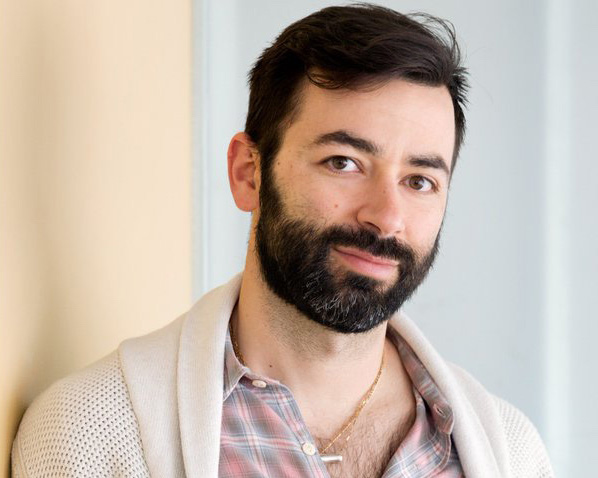
In celebration of its first quarter century, the journal Immunity asked 25 principal investigators to share their views on how immunology research could evolve over the next 25 years.
IMES Associate Professor Alex K. Shalek, in his contribution titled “*Some Assembly Required,” wrote:
“Our tissues represent evolved social contracts. Within each, distinct cell types have achieved specialized roles by relying on the complementary actions of their neighbors, yielding communities whose functionality far exceeds their parts. Over past decades, increasingly powerful molecular profiling methods have uncovered, at ever-finer granularity, a census of cellular community members. Still, the question remains: how does the whole emerge from the parts?
“The next 25 years promise to bring a working knowledge of the rules that inform cellular communities. The immune system offers several unique angles from which to begin. Within our tissues, diverse immune, parenchymal, and stromal cell types must constantly collaborate to preserve physiologic function. This presents unique opportunities to examine how several immune cell types with common ontogenies successfully adapt to variable environments. Comparing multiple healthy tissue ecosystems enables exploration of underlying social mechanisms that stabilize against internal (genetics, age) and external (diet, pathogens) perturbations. Further, contrasting outliers of health and disease can reveal cellular features that enhance or diminish overall function. These can then be leveraged prophylactically, therapeutically, or diagnostically.
“Codifying this information will define what constitutes health and drives disease. Considerable challenges and exciting opportunities lay ahead in developing and applying the experimental and computational toolkit necessary to describe how cells build their tissue communities comprehensively.”
To read all 25 perspectives, click here.
